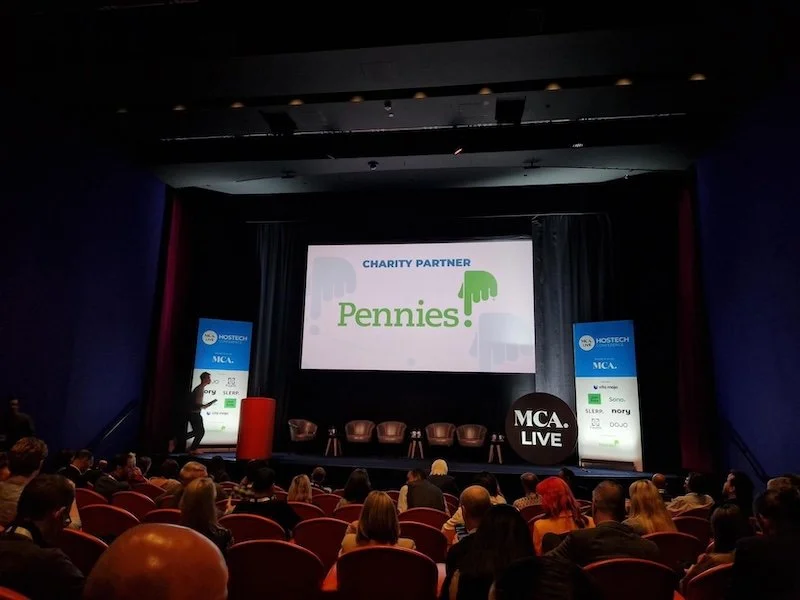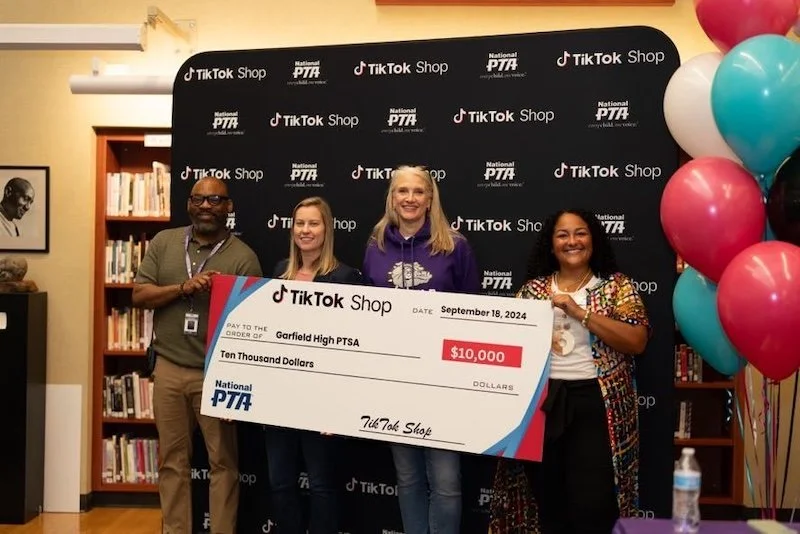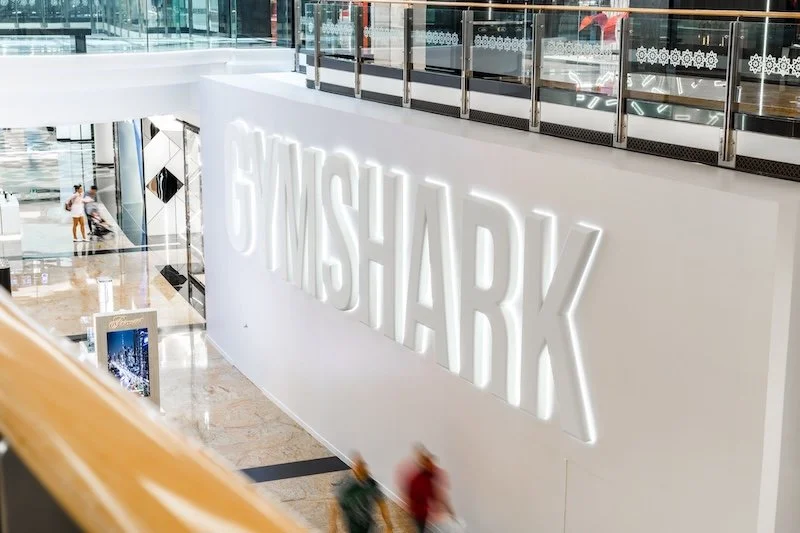ING values European subscription economy
Households in Europe spend an estimated €80 billion a year on durable and consumable good subscriptions, like household appliances and food boxes, according to ING research.
Its report, 'Now that we subscribe to music, are tools and toiletries next?', finds that the European ‘subscription economy’ as a whole is valued at €350 billion a year, the equivalent of 5% of all household spending. Durable and consumable goods make up 23% of this. And they have far greater potential for growth than many other service subscriptions, like telecoms and public transport. This includes durable goods such as private lease cars, electronic devices and household appliances, which account for around €50 billion a year and consumable goods such as food boxes, razor blades and beauty boxes, worth close to €30 billion.
Consumers aged between 18 and 24 years old are currently the biggest spenders on durable and consumer goods subscriptions at €36 a month. However, the study identifies 34 to 44 year olds as the likely drivers of future growth. This is because they gain value from subscriptions that reduce browsing and decision-making. People in this age group also have higher disposable incomes than younger people and are more likely to take on new subscriptions, especially with regards to private lease, car sharing and security equipment.
The likes of the Internet of Things and smart devices are helping to facilitate the subscription business model. As complex technologies represent a financial risk and increase maintenance costs, consumers are willing to pay a price for subscriptions that help them avoid these risks. But shifting consumer preferences, such as a preference for convenience, are also helping to increase demand. Marieke Blom, Chief Economist at ING, says: “If businesses want to win consumers over, they will need cleverly designed business models that add value - whether that's in value for money or time and effort saved.”










Continue reading…